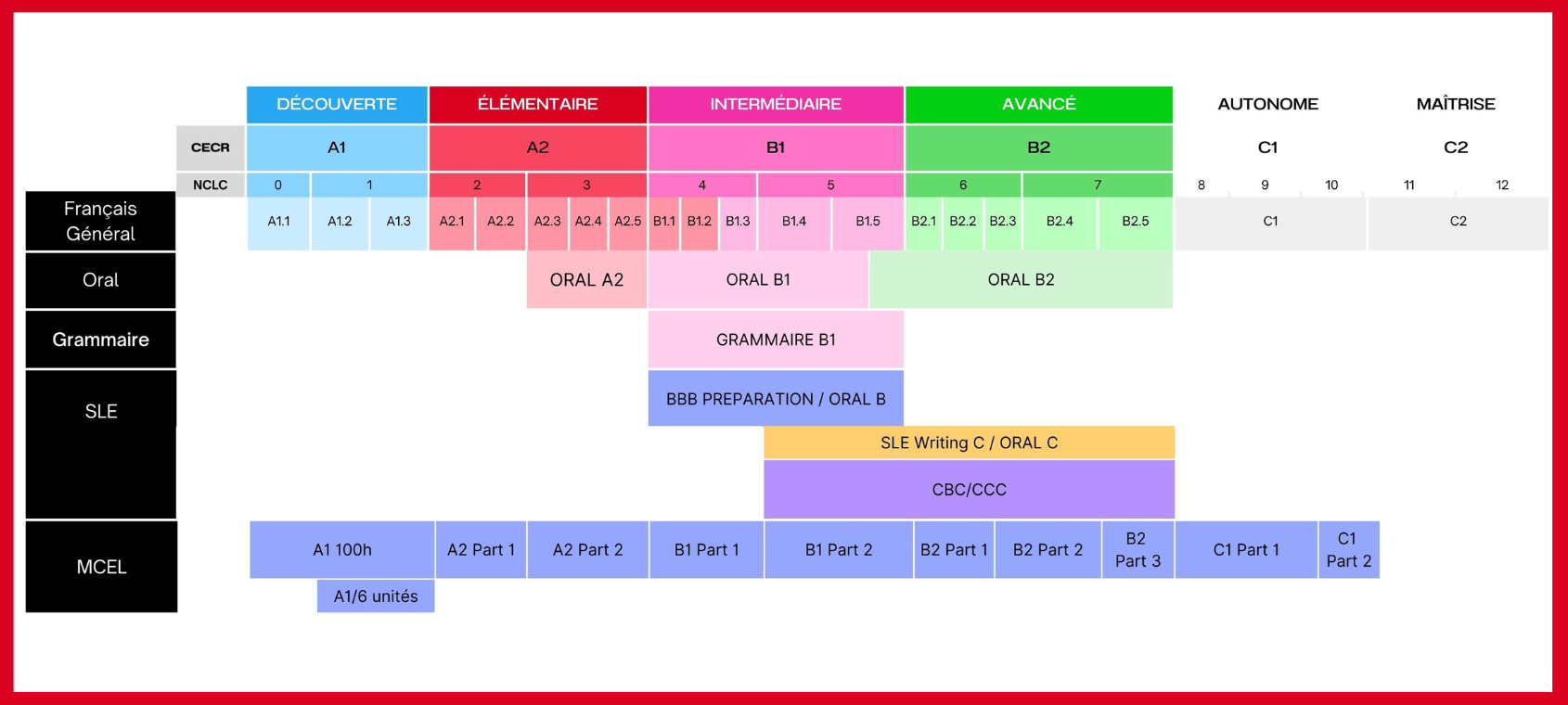Quote:
Originally Posted by Acajack

Any increase in the level of fluency in any variant of French on the part of more Anglo-Canadians would be helpful I suppose.
People who say they can't communicate in French in Quebec because they only learned Parisian French in Calgary or Kitchener generally don't have a good level of fluency to begin with, because if you do it's fairly easy to transition over between whatever French you learned and the French here.
Speaking from my experience with Spanish, where I'd describe my level as a "B", I can communicate fairly easily with people who speak any variant, including even highly spanglishized US-born hispanics.
In fact, I've never had any communication problems related to the variant of Spanish spoken by my interlocutor, no matter where I've been. The problems always come from the shortcomings of my own fluency.
|
100% agree. And personally as my French has improved I've come around to that view as well.
On the levels, I wish we would junk our public service levels and adopt the EU levels for both English and French (DELF/DALF). A huge problem with our system is the massive range of the B level and a rather narrow band for C. This is why our Francophones often think our public service French is ridiculous (most jobs ask for Bs and only execs need Cs). I have been on a year long full time accelerated CBC course, that I lucked out for (I am not at exec level). Tested CBB in November. Tested CBB in May. I started with a CAA last summer. I could barely give directions properly in November. Now I go 7-8 hrs a day without speaking English. Yet, apparently I am at the same level apparently. I think more gradations would actually help here to really identify differences. Would also help to actually increase levels across the public service. The large gap between B and C means that it's a massive commitment to try and get somebody from B to C. With more steps we would probably offer more but shorter courses.

Quote:
Originally Posted by 1overcosc

I think this is a big part of why French-language education in Anglo-Canada has such a poor track record and why only 8% of Anglo-Canadians can speak French despite a half century of FSL instruction in anglophone public schools - the focus is too much on educating Anglo-Canadian kids in Standard Literary French, when really they should be teaching the Canadian vernacular.
|
Quote:
Originally Posted by MonkeyRonin

Just speaking from my own experience with elementary French education (or at least, what I remember of it) I think there was also way too much emphasis placed on learning the grammatical rules of the language from an early age, and not enough on basic everyday usage.
Grammar and structure was treated as if it were the starting point; but kids don't learn language from a "top-down" perspective, they learn it by being immersed in it and figuring it out from the bottom up. 7-year-olds don't need to know about proper conjugation, they just need to know how to communicate simple ideas.
|
I'm going to offer a unique perspective. I took FSL all through high school. Now I've had to go back to a year long course in my 40s. I also have a kid in full French school (thanks to a military exemption).
During my French course, every single person that got a C in oral on their first attempt did immersion in elementary school. They may not have talked for 20 years. But it was amazing to see how quickly it came back with a few months of formal training. One of them grew up in Sudbury and had such a strong accent and fluidity, substitute teachers sometimes asked if she grew up Francophone. She only had immersion till the end of grade 6.
All this has reconfirmed what I suspected before. It's more important to learn more at a younger age than spend more years learning the language. Every military person and public servant knows this. That's why most of us put our kids in immersion or full French.
That mandatory Grade 9 French credit in Ontario. Mostly useless. 25% immersion all through elementary school would actually do a lot more. 50% would be ideal. But anything more than the 30-45 mins per day today would be a massive improvement. And it's not just because more time would be spent on French. It's because more time would be spent actually talking and listening as opposed to writing a bunch of verb conjugations 50 times which is what elementary and middle school French is mostly about.
I also question the quality of French teachers. Now that I actually have decent comfort in French, when I think back, I think I know more now than most of my French teachers did growing up. Given how prestigious/lucrative teaching jobs are in this country and how many Francophones and bilinguals we have, that should never have been the case. And I suspect if we had 25% immersion instead of 45 mins per day (or whatever it was in elementary school) we'd have had more actual Francophone teachers making us more comfortable with French instead of drilling verb conjugations just to make work.



